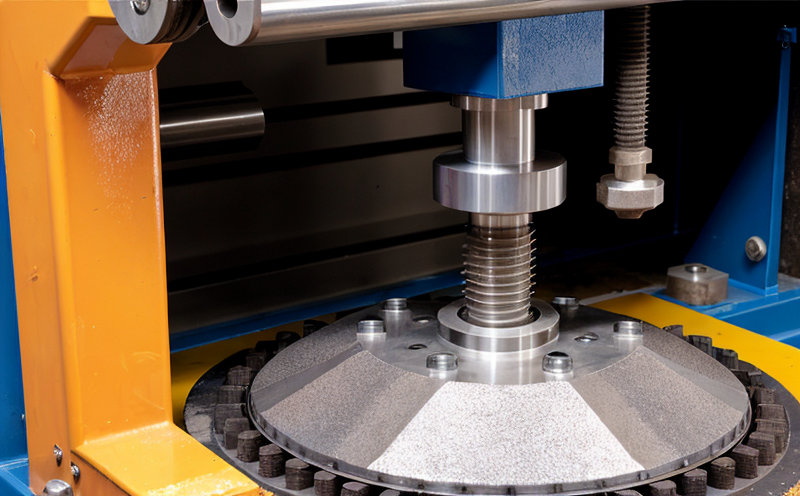DIN EN 60068-2-64-2 Random Vibration Test for Components
The DIN EN 60068-2-64 standard is an internationally recognized guideline that specifies the procedures and conditions for conducting random vibration tests on electrical, electronic, and mechanical components. This service ensures that these critical parts are subjected to realistic environmental stresses during their lifecycle, thereby enhancing their reliability and performance in various applications.
Random vibration testing simulates the unpredictable nature of real-world environments where components may encounter varying levels of shock and stress. The test is particularly important for ensuring the robustness of mechanical components used in aerospace, automotive, and industrial sectors, which are exposed to dynamic loads that can affect their durability.
The standard specifies a range of frequency bands over which the random vibration should be applied, typically from 5 Hz up to 2000 Hz. The test duration is also defined, usually lasting between 30 minutes and 1 hour for components like motors, pumps, and other rotating machinery.
For this service, our laboratory uses state-of-the-art shakers capable of generating controlled random vibration signals across the specified frequency range. We employ high-precision accelerometers to measure the displacement, velocity, and acceleration responses of the tested specimens. Our technicians carefully prepare the components by securing them in a fixture that ensures they are subjected to the exact conditions outlined in DIN EN 60068-2-64.
The test results provide critical data on how well the component can withstand random vibrations without failure. This information is invaluable for quality assurance, design optimization, and ensuring regulatory compliance.
Our lab adheres strictly to international standards such as DIN EN 60068-2-64, ASTM F1723, ISO 10854, and IEC 60068. By using these guidelines, we ensure that our tests are consistent with best practices globally.
Testing mechanical components under random vibration is essential for assessing their robustness against environmental stresses. This service helps manufacturers identify potential weaknesses early in the design phase, ensuring that products meet stringent reliability and quality standards before reaching the market.
Industry Applications
- Aerospace Industry: Ensures components like actuators, sensors, and control systems can withstand harsh environmental conditions during flight.
- Automotive Sector: Validates the durability of engine mounts, suspension parts, and other critical mechanical assemblies under dynamic loads encountered in real-world driving scenarios.
- Industrial Equipment Manufacturing: Guarantees that pumps, valves, and other machinery are capable of withstanding industrial environments characterized by frequent vibrations.
The random vibration test is crucial for these industries as it helps them meet stringent quality standards set by regulatory bodies worldwide. By simulating real-world conditions, this service ensures products perform reliably under the most challenging circumstances.
Quality and Reliability Assurance
- Data Collection: High-precision accelerometers provide detailed data on displacement, velocity, and acceleration during testing.
- Compliance Verification: Ensures that test results meet the stringent requirements of DIN EN 60068-2-64 and other relevant international standards.
The random vibration test plays a pivotal role in quality assurance by offering insights into how components behave under dynamic conditions. This information is vital for identifying areas needing improvement and ensuring product reliability.
Our laboratory’s expertise lies in interpreting these data points to provide actionable insights that help manufacturers enhance their products' robustness and longevity. By adhering strictly to international standards, we ensure that every test conducted is accurate and reliable, contributing significantly to the overall quality of the components being tested.
Customer Impact and Satisfaction
The implementation of DIN EN 60068-2-64 random vibration testing helps manufacturers achieve higher levels of customer satisfaction by delivering products that meet or exceed expectations. By ensuring robustness against environmental stresses, we help our clients avoid costly recalls and warranty claims.
Our service not only meets but exceeds the requirements set by industry standards, providing customers with peace of mind knowing their components have been rigorously tested for reliability and performance. This enhances brand reputation and customer trust in our clients' products.





